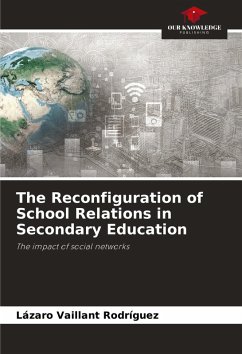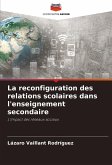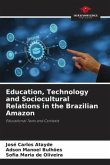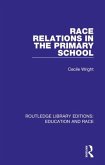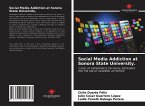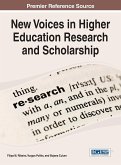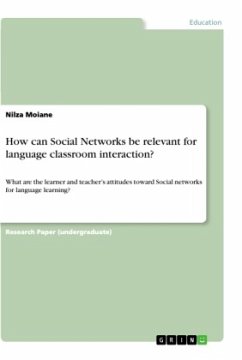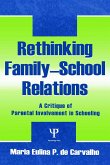The Covid 19 pandemic accelerated the use of ICTs and social networks in educational environments in order to give continuity to the teaching-learning process, although their use generated new ways of relating in these environments. In this sense, the study aims to determine how the use of social networks affects the reconfiguration of school relationships at the upper secondary level in Santiago de Cuba, in order to contribute to the educational strategies aimed at their attention. For its development, the methodological strategy of triangulation is used, by means of the interrelation between qualitative and quantitative methodology and the techniques of semi-structured participant observation, key informants interview, group interview to families and the questionnaire to students, and the analysis of documents. The results highlight the emergence of informal support networks that are manifested through new educational practices, a higher level of interaction between students, teachers and families, cooperation, socioemotional support and solidarity that are being legitimized, leading to the reconfiguration of school relationships.
Bitte wählen Sie Ihr Anliegen aus.
Rechnungen
Retourenschein anfordern
Bestellstatus
Storno

